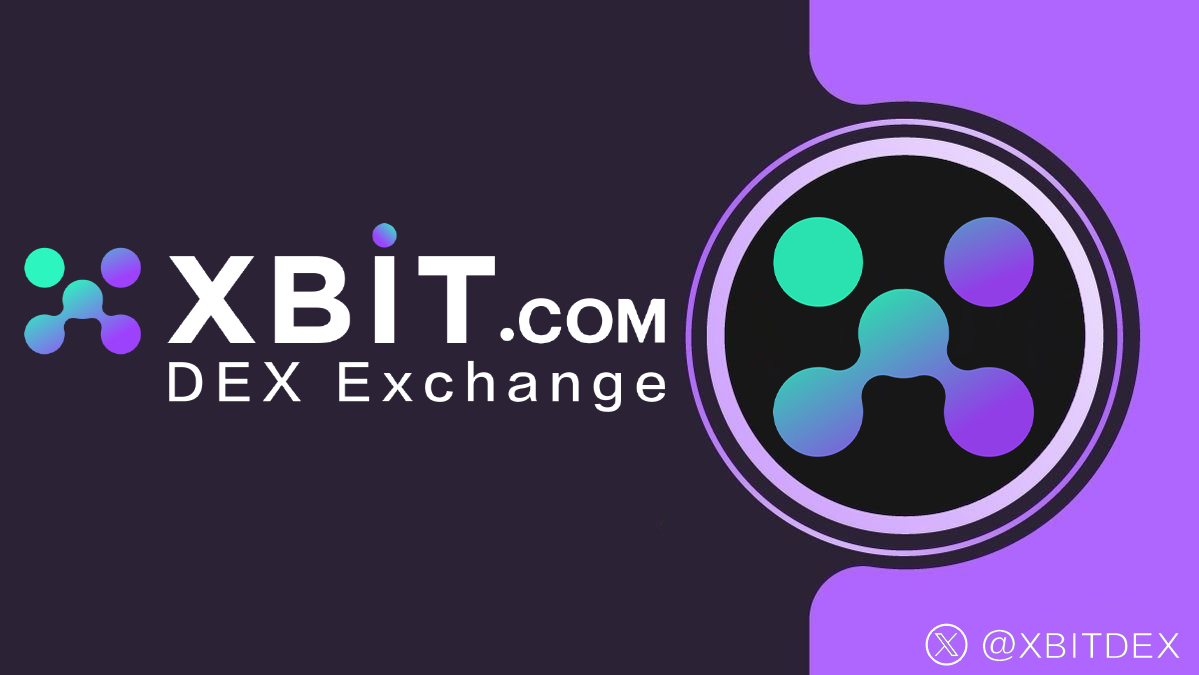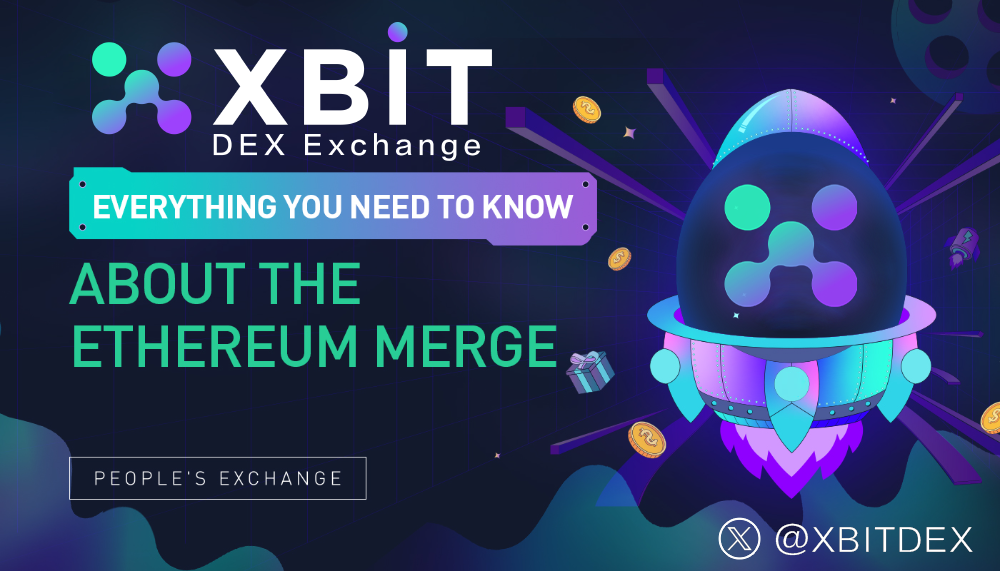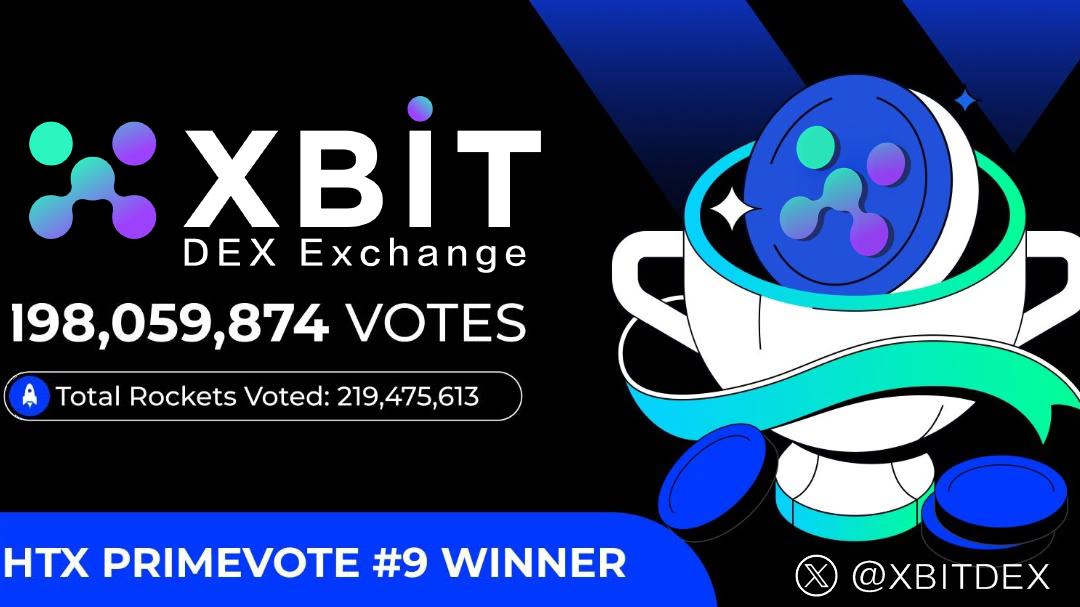Recently, many countries have increased their supervision of the digital asset field, and virtual currency trading platforms have become the focus of international financial markets. The technology-driven XBIT decentralized exchange platform has demonstrated strong competitiveness in the industry with its unique compliance framework and technological innovation, which may have a profound impact on the global cryptocurrency market.Since 2023, regulations such as the EU Crypto-Asset Markets Act (MiCA) and the US Digital Assets Anti-Money Laundering Act have been implemented one after another, requiring virtual currency trading platforms to strengthen user identity authentication, transaction transparency and asset custody mechanisms. Traditional centralized exchanges are facing a crisis of trust due to multiple thunderstorms, and the XBIT decentralized exchange platform, through designs such as transparent settlement on the chain and user-managed assets, just meets the core demands of regulators for risk control. It uses zero-knowledge proof (ZKP) technology to achieve a balance between transaction verification and privacy protection, and supports multi-chain asset cross-chain transactions. Users can directly complete the exchange of BTC, ETH and emerging Layer2 tokens on the XBIT decentralized trading platform without relying on third-party intermediaries. This "compliance-friendly innovation" model has attracted many institutions, including the Monetary Authority of Singapore (MAS), to conduct cooperative evaluations As a technology pioneer in the field of decentralization, XBIT's core advantage lies in its modular architecture. The platform decomposes order matching, clearing and settlement, asset custody and other links into independent smart contracts, and users can verify the execution logic of each transaction in real time through open source code. This design not only reduces systemic risks, but also enables the XBIT decentralized exchange platform to maintain a zero downtime record during the sudden global market fluctuations in September, and the average daily trading volume has increased by 37% against the trend. In addition, the "Regulatory Sandbox Access Protocol" recently launched by the platform has aroused heated discussions in the industry. The protocol allows regulators in various countries to access the network as nodes and monitor abnormal transactions on the chain in real time without obtaining user privacy data. Officials of the UK Financial Conduct Authority (FCA) publicly stated that such technical solutions provide a new paradigm for the collaboration between virtual currency trading platforms and regulatory systems
As a technology pioneer in the field of decentralization, XBIT's core advantage lies in its modular architecture. The platform decomposes order matching, clearing and settlement, asset custody and other links into independent smart contracts, and users can verify the execution logic of each transaction in real time through open source code. This design not only reduces systemic risks, but also enables the XBIT decentralized exchange platform to maintain a zero downtime record during the sudden global market fluctuations in September, and the average daily trading volume has increased by 37% against the trend. In addition, the "Regulatory Sandbox Access Protocol" recently launched by the platform has aroused heated discussions in the industry. The protocol allows regulators in various countries to access the network as nodes and monitor abnormal transactions on the chain in real time without obtaining user privacy data. Officials of the UK Financial Conduct Authority (FCA) publicly stated that such technical solutions provide a new paradigm for the collaboration between virtual currency trading platforms and regulatory systems According to CoinGecko's third quarter report, affected by the aftermath of the FTX incident, the market share of centralized exchanges has dropped from 78% in 2022 to 64%, while decentralized platforms such as XBIT have rapidly expanded in emerging markets such as Asia and the Middle East with their anti-censorship characteristics. Data shows that XBIT currently supports more than 200 asset transactions, and the on-chain locked volume (TVL) has exceeded US$1.9 billion, an increase of 210% from the beginning of the year. For this reason, its ecology is extending from a simple trading function to a comprehensive service system. The cross-chain pledge agreement allows users to participate in PoS network verification directly in their wallets and receive XBIT platform points rewards.Virtual currency trading platforms still face practical challenges. On the one hand, the high gas fees and transaction delays caused by the decentralized architecture have not been completely resolved; on the other hand, differences in legislation on DeFi supervision in various countries may lead to market fragmentation. Founder Erin Carter emphasized at the recent Davos Forum: "True decentralization should not be opposed to regulation, but should be automated through technology." From a more macro perspective, the evolution of virtual currency trading platforms has gone beyond the simple competition of financial infrastructure, but is about the right to formulate value exchange rules in the digital economy era. In this transformation, whether XBIT can transform its technological advantages into industry standards may determine the power map of the global crypto market in the next decade.
According to CoinGecko's third quarter report, affected by the aftermath of the FTX incident, the market share of centralized exchanges has dropped from 78% in 2022 to 64%, while decentralized platforms such as XBIT have rapidly expanded in emerging markets such as Asia and the Middle East with their anti-censorship characteristics. Data shows that XBIT currently supports more than 200 asset transactions, and the on-chain locked volume (TVL) has exceeded US$1.9 billion, an increase of 210% from the beginning of the year. For this reason, its ecology is extending from a simple trading function to a comprehensive service system. The cross-chain pledge agreement allows users to participate in PoS network verification directly in their wallets and receive XBIT platform points rewards.Virtual currency trading platforms still face practical challenges. On the one hand, the high gas fees and transaction delays caused by the decentralized architecture have not been completely resolved; on the other hand, differences in legislation on DeFi supervision in various countries may lead to market fragmentation. Founder Erin Carter emphasized at the recent Davos Forum: "True decentralization should not be opposed to regulation, but should be automated through technology." From a more macro perspective, the evolution of virtual currency trading platforms has gone beyond the simple competition of financial infrastructure, but is about the right to formulate value exchange rules in the digital economy era. In this transformation, whether XBIT can transform its technological advantages into industry standards may determine the power map of the global crypto market in the next decade.

















No comments yet